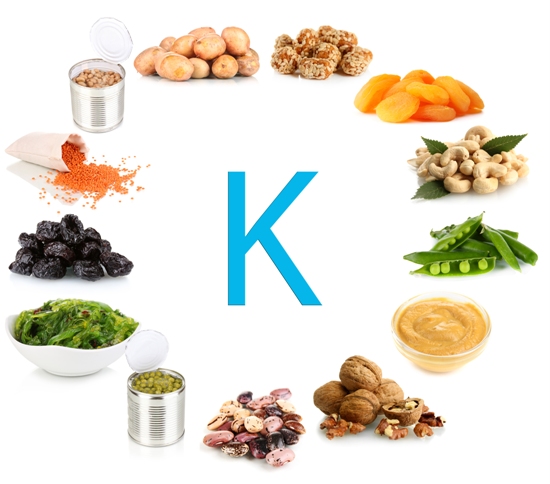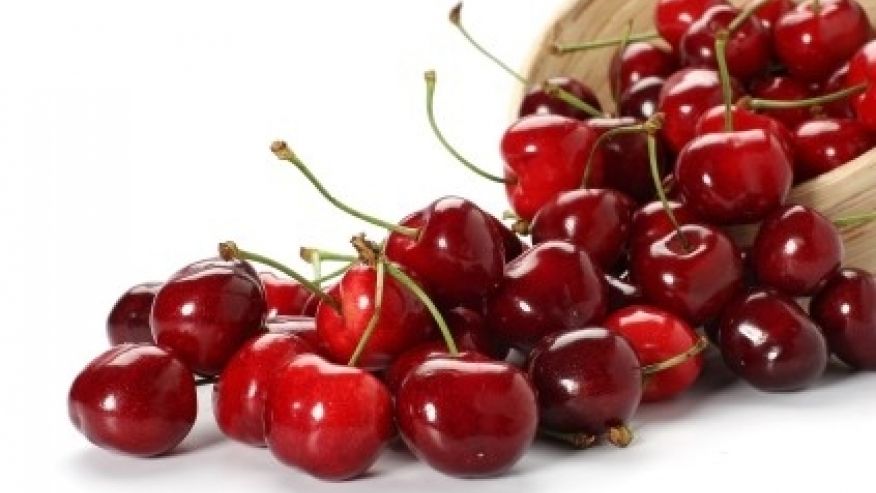
Most of us are aware of Vitamin A, B, C, D and E. But do you know there is Vitamin K as well? Yes there is Vitamin K which is an essential vitamin for our body.
Vitamin K is a fat soluble Vitamin is founded by Henrick Dam in 1934. It is also referred as antihemorrhagic factor or coagulation vitamin which has been derived from the Danish word Koagulations.
It is available in two forms
Vitamin K1, also known as phylloquinone, phytomenadione, or phytonadione. It is largely found in green leafy vegetables.
Vitamin K2 is known as menaquinones and is mainly found in the bacteria of colon (Large intestine).
FUNCTIONS
- It helps in maintaining bone matrix (bone mineralization)
- It helps in cellular growth
- It acts as a co factor for enzyme that validates protein to bind calcium
- It is important for normal clotting of blood
- It helps in synthesis of protein in plasma, bone and kidney
- It reduces the risk of cardio vascular diseases
- It lowers down the risk of type 2 diabetes
- It helps in the maintaining the bone health
- Ministry of Japan used it in treating osteoporosis
- It lowers the risk of liver cancer
- It diminishes the risk of non-Hodgkin lymphoma
- It is used in treatment of Alzheimer’s disease
- It’s antidote treatment of poisoning byrodenticide
Daily Dietary Recommendations
Infants
- 0-6 months: 2 mcg
- 6-12 months: 2.5 mcg
Toddlers
- 1-3 years: 30 mcg
- 4-8 years: 55 mcg
- 9-12 years: 60 mcg
Teenagers
- 13 years: 60 mcg
- 14-18 years: 75 mcg
Adults
- 19+ years, Female: 90 mcg
- 19+ years, Male: 120 mcg
Pregnacy and lactation
- Pregnant or lactating women, 14-18 years: 75 mcg
- Pregnant or lactating women, 19+ years: 90 mcg
Food sources for K1
Spinach, alfalfa, cabbage, kale, mustard leaves, collard greens, lettuce, Brussels greens, turnip greens, broccoli, parsley
Food sources for K2
Egg yolk, egg white, chicken, cheddar cheese, salmon, goose liver, bacon
Necessary as supplements for
1. It is rare in adults but common in new born
2. People suffering from
a. Crohn’s disease
b. Celiac disease
c. Malnutrition
d. Gall bladder diseases
e. Cystic fibrosis
f. Burn patients
g. On hemodialysis
3. People who are alcoholic.
4. People on thinners
a. Warfarin (Coumadin)
5. People on drug (antibiotics) that interferes with vitamin K metabolism
a. Cefamandole (Mandol)
b. Cefoperazone (Cefobid)
c. Cefmetazole (Zefazone)
d. Cefotetan (Cefotan)
6. People on anticonvulsants
a. Phenytoin (Dilantin)
7. People on cholesterol lowering medications
a. Cholestyramine (Questran)
b. Colestipol (Colestid)
c. Colsevelam (Welchol)
Deficiencies & Toxicity
The deficiency of Vitamin K results in hemorrhage and lowering of blood clotting process. Whereas, steatorrhea may occur in the case of Vitamin K toxicity, though very rare.
Understanding the importance of Vitamin K in maintaining bone health, supporting blood clotting, and reducing the risk of various diseases is crucial for overall wellness. Incorporate Vitamin K-rich foods into your diet and consult with certified expert by subscribing to GOQii’s Personalised Health Coaching here, to ensure optimal levels of this essential nutrient.
#BeTheForce




